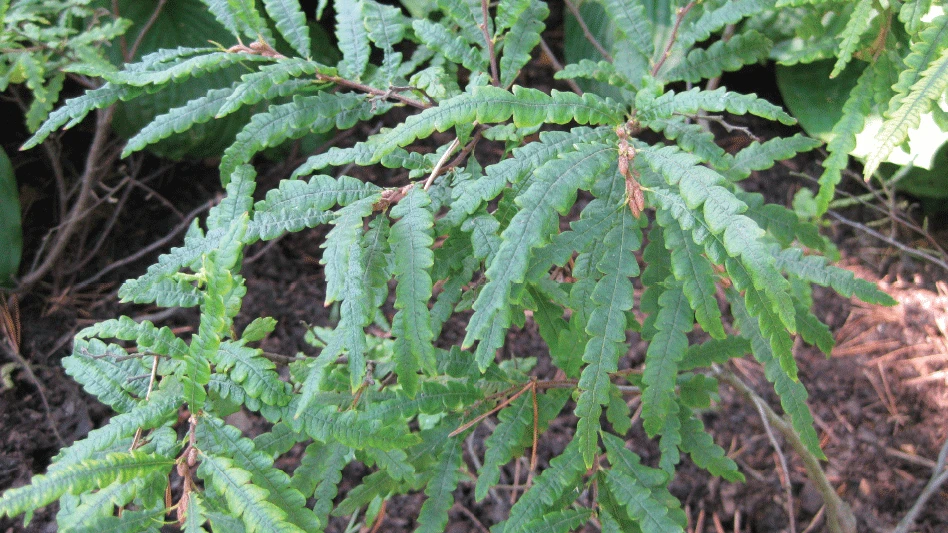
A study on species diversity and human health in Germany shows a positive correlation to good mental health. The higher the number of plant and bird species in a region, the healthier the people who live there, according to a study published in Landscape and Urban Planning and led by the German Centre for Integrative Biodiversity Research (iDiv), the Senckenberg Biodiversity and Climate Research Centre (SBiK-F) and the Christian Albrechts University (CAU). The researchers found that mental health and higher species diversity are positively related.
The study provides an analysis of the relationship between biodiversity and human health in Germany. The scientists used data on mental and physical health provided by the German Socio-Economic Panel (SOEP), including almost 15,000 households and about 30,000 persons. As indicators for species diversity, they used estimates on species richness of plants and birds as well as on bird abundance.
The results of the study show better mental health of people living in regions with higher plant and bird diversity.
“A person living in a region with many different plant and bird species is, in average, feeling mentally better than a person living in a region with lower species diversity,” says author Joel Methorst, former doctoral researcher at iDiv, SBiK-F and Goethe University Frankfurt and now researcher at Helmut Schmidt University Hamburg.
In addition, researchers observed a positive link between parks and green spaces in the neighborhood and mental health – the closer the park, the better.
The researchers were not able to show a significant relationship between species diversity and physical health. Instead, the relationship could be more indirect: People who enjoy outdoor physical activity to experience plants and birds in their natural environment can improve their health with this activity.
However, positive effects are not only generated by the direct experience of biodiversity, such as a walk in the park or a visit to a garden. Environments with higher plant and bird species richness can also have indirect positive effects on human health as greater species diversity often correlates with better environmental conditions.
The researchers were not able to establish causal links between the number of species and mental or physical health. For this, data for different time periods would be required. To date, sufficient time series data on biodiversity in Germany is not available, according to the researchers. However, valuable conclusions can be drawn from this study.
“Our results show that nature conservation can, indeed, be understood as a means to promote human health,” says Katrin Rehdanz from CAU. “This is particularly relevant for urban planning and management of green spaces. Here, investing in biodiversity can promote the health of the urban population.”

For more: http://bit.ly/biodiversity-mental-health
Get curated news on YOUR industry.
Enter your email to receive our newsletters.
Explore the May 2021 Issue
Check out more from this issue and find your next story to read.
Latest from Nursery Management
- Dümmen Orange North America celebrating 25th anniversary in 2025
- Illinois Landscape Contractors Association changes name to Landscape Illinois
- 2025 Proven Winners Horticulture Scholarship applications now open
- ICL’s Gemini Granular herbicide now registered for use in California
- Eurazeo Planetary Boundaries Fund acquires Bioline AgroSciences
- The Leading Women of Horticulture
- Leading Women of Horticulture: Dana Massey, Plantworks Nursery
- Spring Survival Guide






